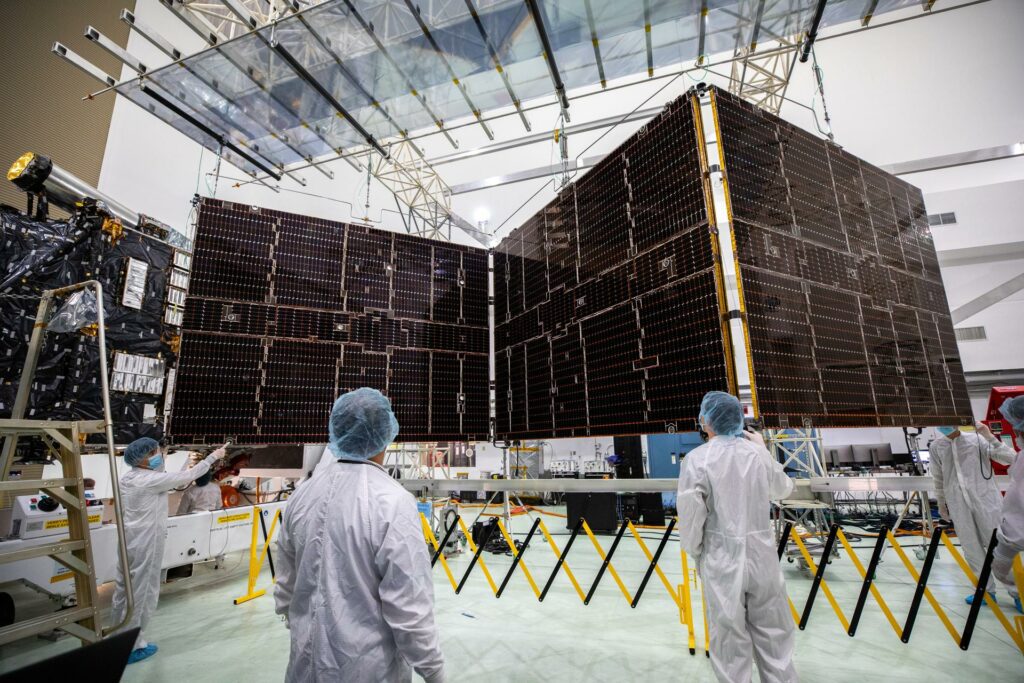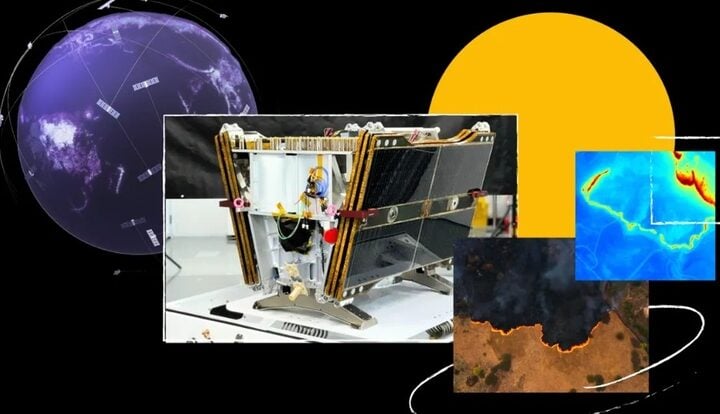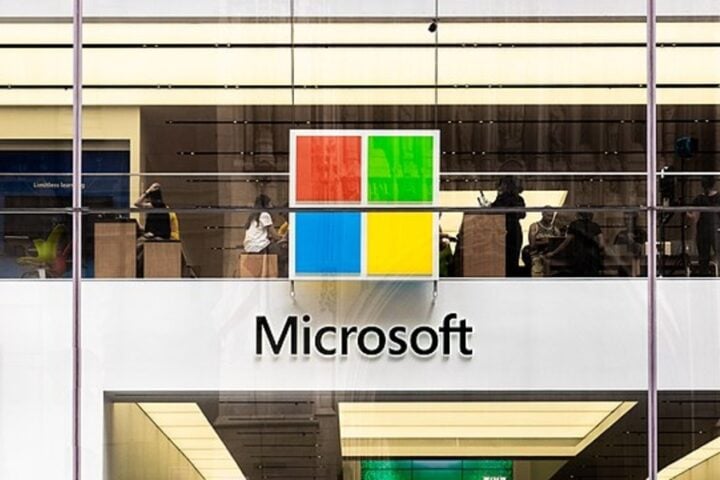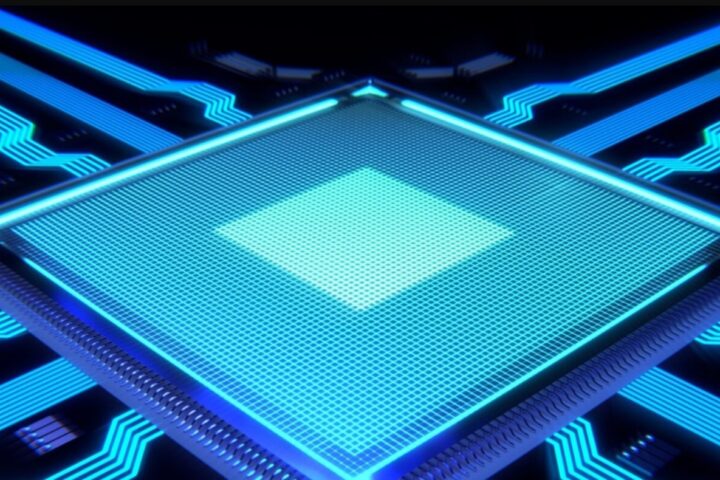Google’s anticipated Gemini AI model is poised to challenge OpenAI’s GPT-4, with claims of superior computing power. Researchers Dylan Patel and Daniel Nishball suggest that Google’s edge lies in its access to a vast array of top-tier chips. OpenAI CEO Sam Altman countered the analysis, hinting at a potential bias in the data supporting Gemini’s prowess.
The core debate revolves around whether superior chips truly lead to better AI models. The term “GPU rich” versus “GPU poor” has emerged, highlighting the importance of advanced chips in AI training. Beyond computational power, the quality and breadth of training data play a crucial role in AI model performance.
Google’s DeepMind is at the forefront of Gemini’s development, aiming for a 2023 release. The AI landscape is evolving, with 2023 predicted to be a pivotal year for large language models. Despite GPT-4’s current popularity, Google’s Gemini, with its multimodal capabilities, is expected to be a game-changer.
Speculations hint at Gemini’s ability to generate both text and contextual images, possibly leveraging YouTube video transcripts. The AI community is keenly watching the potential face-off between ChatGPT and Gemini. Google’s vast proprietary training data, spanning services like Google Search and Google Scholar, might give Gemini a distinct edge.
The collaboration between Google DeepMind and Brain teams brings together some of the brightest minds in AI research. Techniques like reinforcement learning, previously used in AlphaGo, are expected to be pivotal in Gemini’s development. The generative AI market’s potential value of $1.3 trillion by 2032 underscores the high stakes involved.
The anticipation surrounding Gemini’s release is palpable, with many awaiting its real-world applications. As the AI arms race intensifies, the question remains: Will Google’s Gemini redefine the AI landscape? The future of AI is unfolding, and all eyes are on Google’s Gemini to see if it lives up to the hype.The ongoing “AI war” is more than just a battle of technologies; it’s a race to define the future of human-machine interaction. As tech giants like Google and OpenAI vie for dominance, the implications for businesses, consumers, and society at large are profound. The stakes are high, and the outcome will shape the trajectory of AI development for years to come.

















